I have attempted to be a writer since high school. I planned on minoring in creative writing in university, but I didn’t. I sporadically took writing classes, but dropped out half-way through. I had a folder of ideas, from novels to screenplays to comics; none of them ever reaching past a synopsis and 500 words. I agonised over it. In my journal from 2013 (when I was moving to Seattle), I wrote about the plans for my writing, but I never actually wrote. “I’m trying to figure out the culture on this planet” or “I have no clue if this should be a short story or a comic” or worse, “I’m back to the drawing board because I told [person] about my idea and they told me it was basically [popular media]”
In a last entry, before abandoning this journal, I lamented:
I have absolutely no confidence in my writing. I have no confidence in myself. Did I ever have a real goal? Do I even have one now? Why can’t I just do what I want to do?
Later, in 2016, I tried to resurrect my old stories. I was going through a career crisis and wanted to return to school for my master’s. I didn’t. Instead, I flagellated myself in my journal.
Looking at my past writing, I feel divorced from it now. It feels like a different part of my life. While I like science fiction a lot, I don’t read it. I like watching it. Writing it feels disingenuous.
I tried to twist myself into writing something that ‘made sense.’ I read history and worked in design, so I should write about those instead. Fiction felt wrong, so I pivoted to non-fiction. History made sense. Design made sense. I wrote endless plans about what to write instead of writing.
I did write on and off on my blog. I wrote about video game UI (since deleted), accessibility and navigating work. I mused quite a lot, but always for a bigger purpose: show I’m a good creative person and I’m good at my job.
I never picked up the practice in earnest. Too much of a perfectionist and too critical. To write is to know yourself and share that out. While I wrote here and there, I defaulted to being a reader and poured myself into my career.
My career took me many places, literally, but I kept returning to machine learning and artificial intelligence. That revolved around some form of search or language understanding, always bringing me back to my first love in the space: natural language processing (NLP).
I am not a linguist or scientist, but I have always been fascinated by the question: how do you explain humans to a machine? Language is the bedrock. How we write, how we speak; the very act of trying to answer this in a logical way causes us to examine ourselves.
Career growth forced me to examine myself. I did the Artist’s Way a couple months ago. I never finish it; I get two or three weeks in before I have a major breakthrough and stop it all together. I blame the morning pages (honestly as good as therapy when you’re an overthinker). At 6am, just after suhoor, I wrote on the page, “I am a writer.”
I’ve learned I’m a discovery writer, affectionately known as pantsers. I can’t outline. It makes me feel like I’ve completed the task. Whenever an idea came to me, I’d get it out as fast as possible before I lose steam. My most successful essay, Will it ever be enough?, was a flow moment. I started after it came to me in the shower and I finished it once I got into the office, typing away furiously on my phone.
Other times, I need to write and write until I actually arrive at the point I want to make. This essay, for example, started out as three separate ideas until I realised that this is what I wanted to write. If I was writing by pen and paper, there’d be the quintessential shot of crumpled paper in a waste basket.
This last part is the hardest for me. I’m in the flow and I’ve written five completely different directions in the same piece. I’ll miss out on key sensory details or moments because I’m trying to get to a completely unrelated topic. Or worse, I’ll begin intellectualising, turning something emotional into a research thesis because I don’t want to be that vulnerable, even when I know it makes my writing great. Add my perfectionism into the mix, thinking every sentence must be gold on the first try, and baby, you got a fucking writing disaster.
Since working in AI, I wondered if I could use it to help my creative process. The advancements in NLP were improving, plus the interfaces for it were much more accessible.
Because I’m too self-aware for my own good (something my therapists loved to point out) I knew all my own downfalls. I could write a system prompt with common tells and gotchas. I set up a project in Claude named Lemon. I would feed in my writing and get back editorial notes of where to expand, where to delete and where to shut up. Essentially an editor that was allowed to verbally slap me.
Or in a sweeter sense, a mouthy orange cat that knew me better than myself, peering over my shoulder.
I know a lot of writers and artists hate AI. And I agree with them. Their data shouldn’t be used without permission and we shouldn’t cheapen art forms into doing things quickly. There’s taste, craft, all things that take time to develop.
But I wanted to see what would change from an on-demand helper. Would it make me better or make me worse?
Lemon helped me initially, offering editorial notes in brackets like [Sensory detail needed: What did the flowers look like?] or [Clarity: This point trails off, can you expand on it?]. It called me out when I circled around points or avoided my intent. I saw my downfalls, pointed out next to the sentences I’d written.
I learned in real-time. I’d write, get feedback, edit, publish and then encouraging feedback from people. That tiny boost is what I needed to continue writing more. I write daily now and publish almost every week.
The consistent writing had another impact; I was reading as a writer. I’d notice sentence structure, the diction in the story, the description of motion or character. I took notes and devoured it all.
The more I wrote, the more confident I became. Yes, I know, what you don’t want to hear. Doing something and doing it consistently will help you become better at it. In the throes of doubt, it’s so easy to look for a shortcut, a way to avoid the pain.
I had been adamant about Lemon not writing for me, not to take away that pain. Just to poke and get me thinking. But the more I wrote, the more annoying those pokes became. I’d get feedback to cut down my writing by 50% or transform things to be snappier. Or feedback that the piece I was writing about was actually some other topic and I should write about that topic instead.
All the guardrails I had put in place to keep me on track, to just help me push through, were now one-dimensional. A trap, even.
I reread the system prompt. All the things I discovered I loved through my writing were marked as red flags to avoid. Why though?
Well, I meander. I want to tell a bit of backstory. Sometimes three random moments converge into a single point that I want to make. All of this my past-self deemed as not palatable or ‘on brand’.
On my own Substack—a blog of my inner thoughts—how much more ‘on brand’ could it be than being myself?
I was fighting myself through a machine. Things needed to be optimised, the mess needed to hidden, the mask needed to remain. I was trying to package myself in a way that others had done.
Naturally, in such a moment of revelation, I resorted to shutting down my brain and doomscrolling.
A video with David Bowie from a 1997 documentary popped up. How did he stay creative, to which he answered, “I think it’s terribly dangerous for an artist to fulfill other people's expectations.” I felt my chest tighten. I never considered myself an artist before, I’m a designer. The type of designer where my whole goal is to solve a problem for someone else, the less personal flair and attachment, the better.
I took a creative outlet, the first I’ve really maintained before tossing it aside in boredom, and tried to design the perfect pipeline for my brand. I used my knowledge of a technology I know (and have built) to create the guardrails to keep my unruly brain on a track towards creation.
I sat there, looking at my system prompt. How was I going to update this? Did I even want to?
I enjoyed being both roles: the unhinged writer going off into my lala land and the stern no-nonsense editor trying to get things back on track. It was fun, rewarding. I’m finding myself wanting to write over any other activity.
But I knew feeding my writing to Lemon would bring back a sanitised version of what I meant. I felt less part of the process and more of an observer.
I love technology, I love being part of shaping it. Natural language processing is my ride or die problem space; it will probably never be solved and that’s why I love it. But I didn’t want technology in this corner of my life.
I archived Lemon a couple of weeks ago. My writing has been messier, but it’s fully mine.
I kept thinking about that 2013 journal, since I dredged it up to write this. What would have happened if that version of me had access to Lemon.
I simply did not know myself until a year ago. I had my own interests, my personality, but I aimed to please, I chased what I should be doing, not what I wanted to do. I wanted everyone to like me and when you are trying to be likable to everyone, you end up becoming no one. 2013-me would have clung to Lemon, like a life raft, dependent on it for producing anything. I don’t think I would have taken the time to explore who I actually am when I write, or come to love it.
If you could see my first drafts, they are embarrassing. Essentially Valley Girl speak (literally; “So like then this happened and I didn’t like that. Why didn’t I like that?” Followed by 10 paragraphs of misspelled nonsense). 2013-me could not handle this part of the process, immediately giving up. But this is my process.
I used to think good writing meant writing that got shared. Now I know good writing means writing that feels true. That is why it’s shared. I want to share my experiences and hope it helps at least one person. When I get feedback it’s done just that, it brightens my day.
That’s all 2013-me wanted: to brighten someone’s day. Now I’m doing it my way—messy, meandering, and without the machine.
✌️ CJ
—
In other news, I’ve been writing a slice-of-life sci-fi novel. So much fun. It will probably need seven more rewrites before it’s shareable. Until then, you can read my Substack:



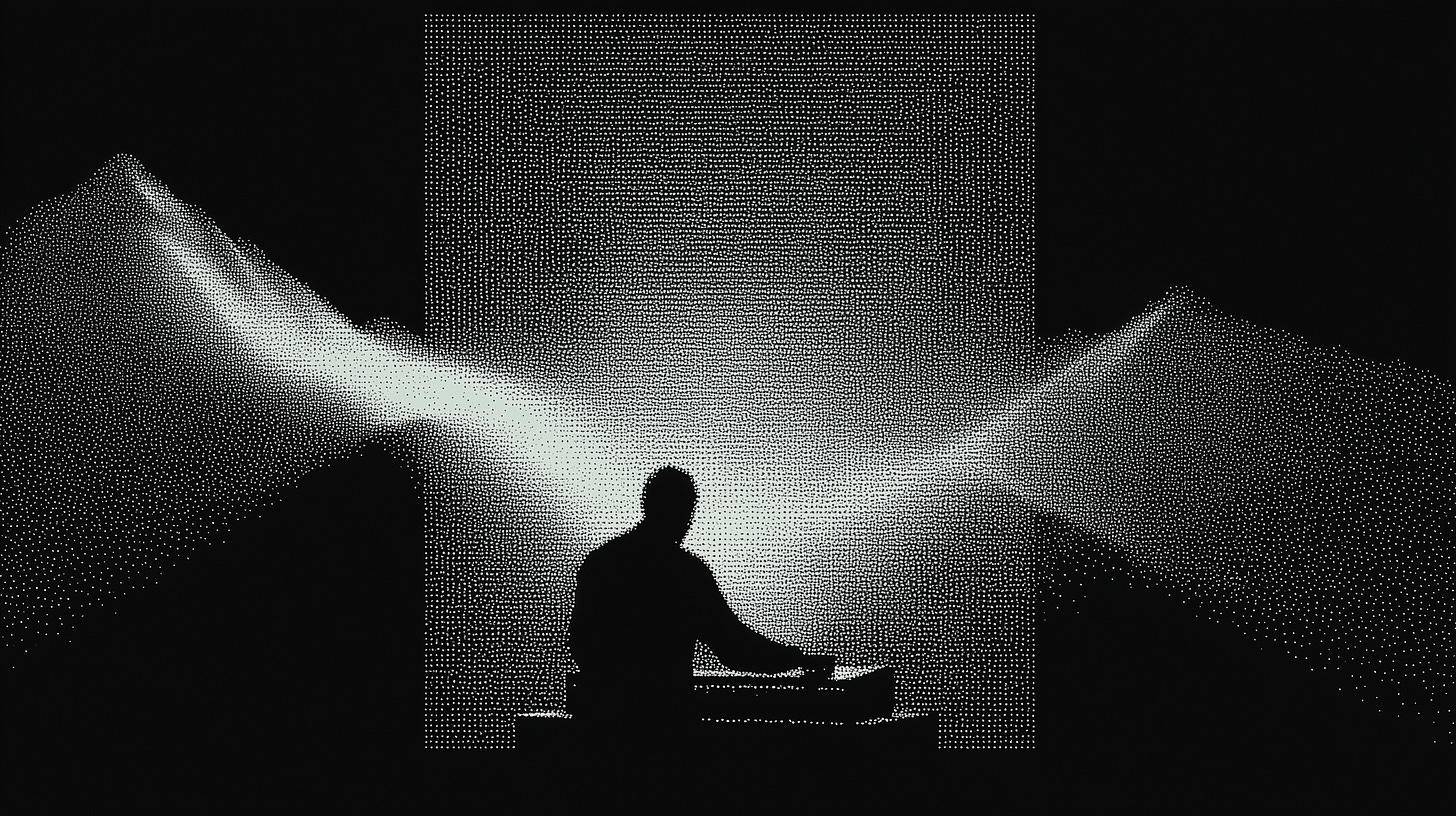
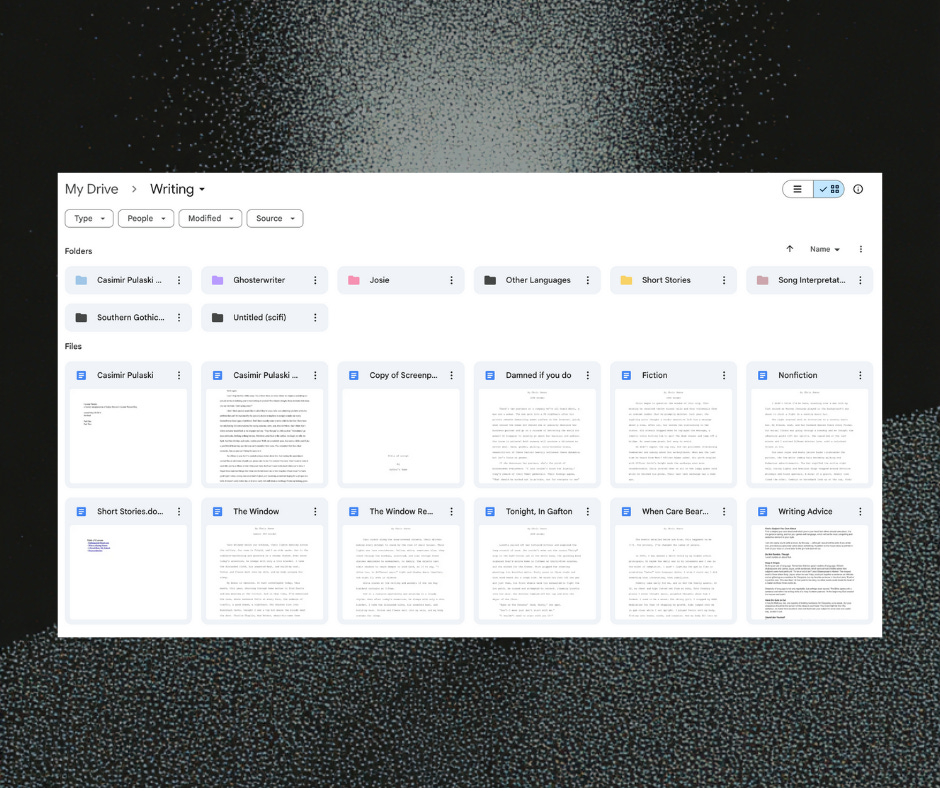
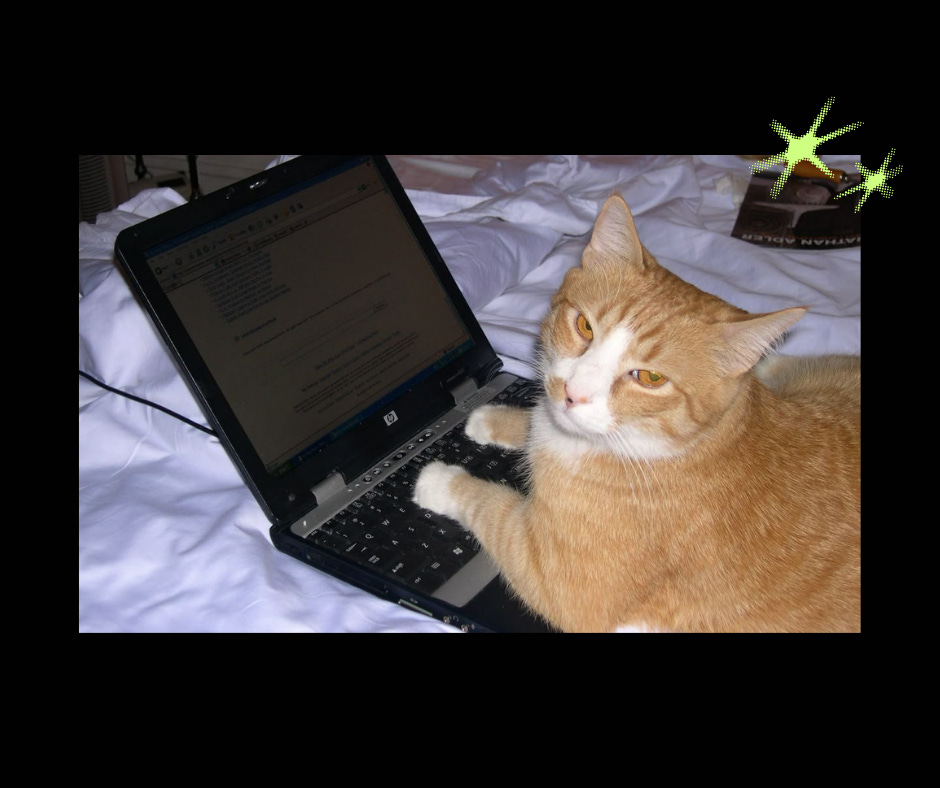
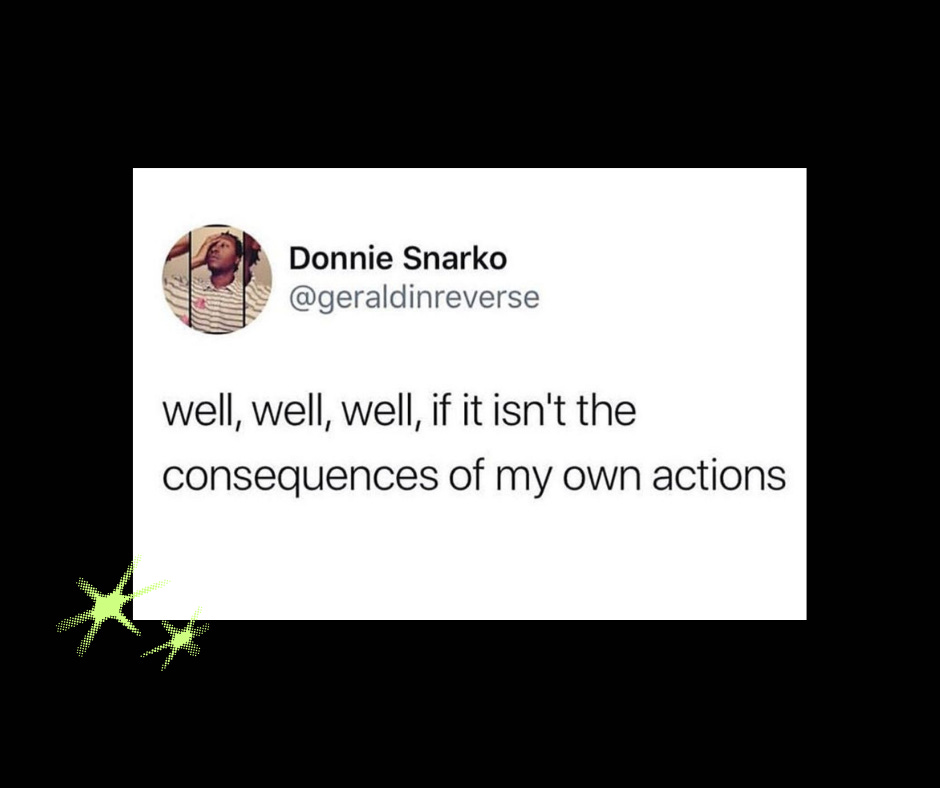
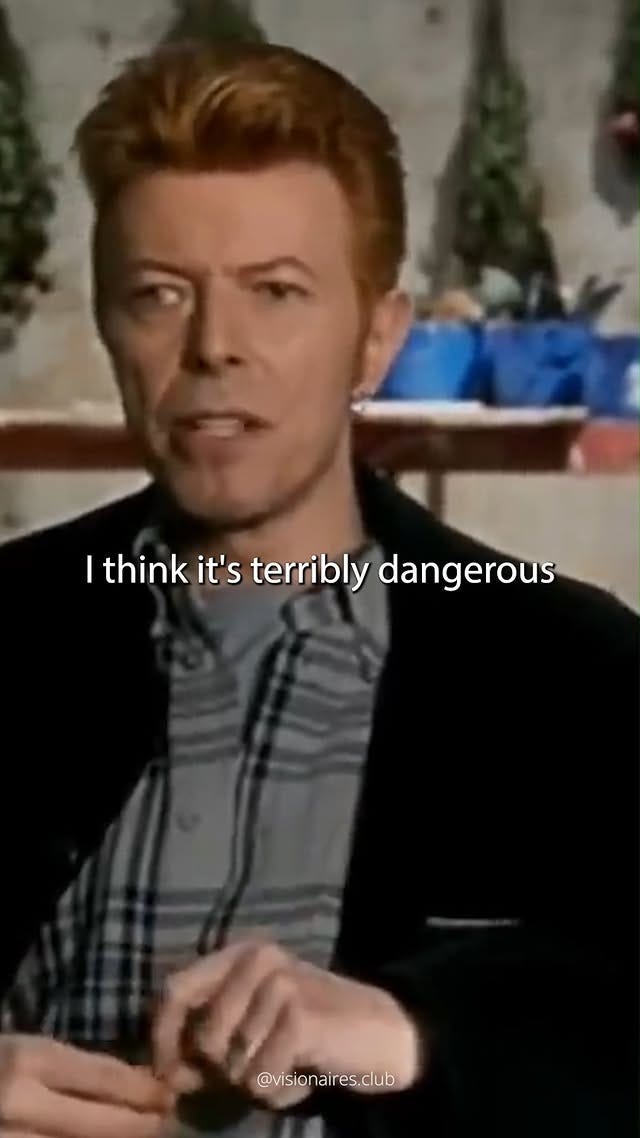
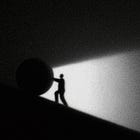

rip lemon 🙏
> I’ve learned I’m a discovery writer, affectionately known as pantsers. I can’t outline; the very act makes me feel like I’ve completed the task. Whenever an idea came to me, I’d get it out as fast as possible before I lose steam.
Ah, thank you for putting a name to this. I operate in a very similar way, once something has taken shape (like an outline, or knowing how I want to end an article), it immediately feels infinite draining to finish it. I feel the same with a design task at work.
> I used to think good writing meant writing that got shared. Now I know good writing means writing that feels true.
While I absolutely still frantically check the stats on every single one of my articles and social media posts about them, something about writing a slightly longer form with an extensive flow of time invested feel honestly good. It's also encouraging me to stay with one or multiple thoughts slightly longer and find connections among them.